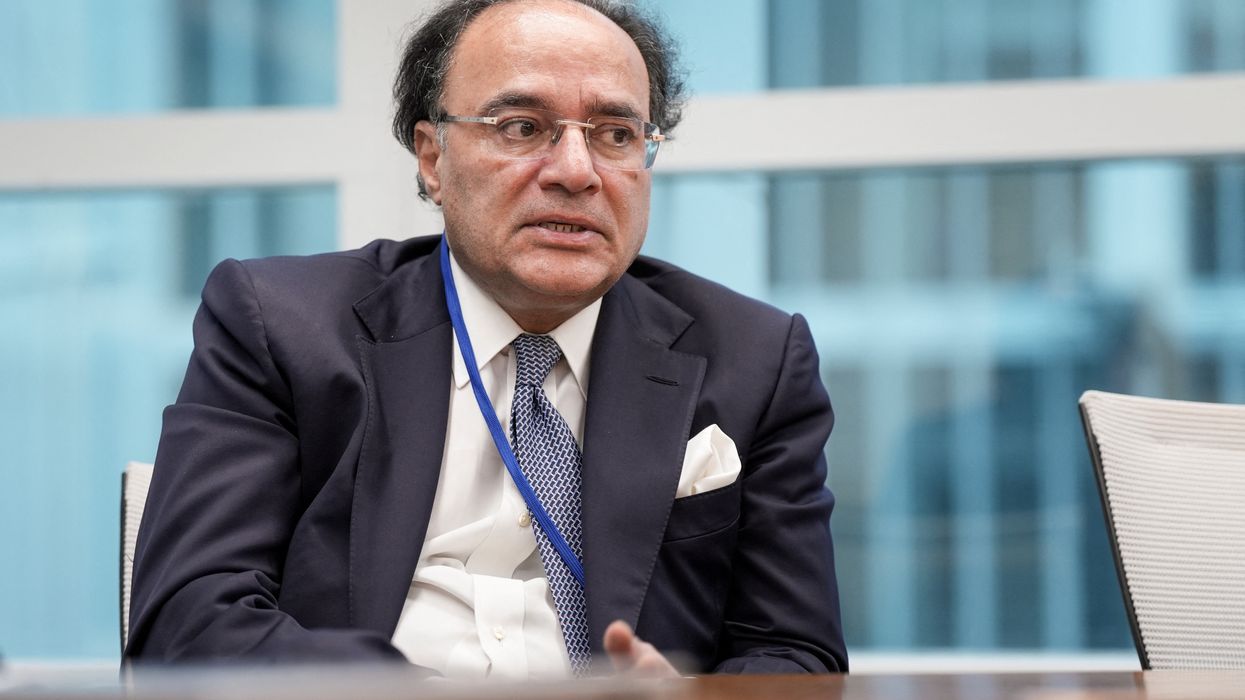THE International Monetary Fund (IMF) on Friday (9) approved a loan programme review for Pakistan, unlocking around $1 billion (£790 million) in much-needed funds and greenlighting a new $1.4bn (£1.1bn) bailout despite India's objections.
Pakistan came to the brink of default in 2023, as a political crisis compounded an economic downturn and drove the nation's debt burden to terminal levels.
It was saved by a $7bn (£5.5bn) bailout from the IMF -- its 24th since 1958.
"The authorities have demonstrated strong program implementation, which has contributed to improving financing and external conditions, and a continuing economic recovery," the IMF said in a statement, noting the board's approval of the first loan review, confirming earlier press reports.
The board also approved the authorities' request for a new loan programme worth around $1.4 billion, designed to support the country's "efforts in building economic resilience to climate vulnerabilities and natural disasters."
India -- which also represents Bhutan, Sri Lanka, and Bangladesh on the IMF board -- abstained amid the ongoing tensions with Pakistan.
An individual with knowledge of the matter, who was not authorized to speak publicly, confirmed that all four countries had effectively abstained as a result of India's decision.
In a statement explaining its decision, India's finance ministry voiced "concerns over the efficacy of IMF programmes in case of Pakistan given its poor track record."
New Delhi also flagged the possibility that the money could be used by Pakistan "for state-sponsored cross-border terrorism."
The IMF board decision came amid an escalation in conflict between India and Pakistan, with more than 50 people dead after three days of missile, artillery and drone attacks.
(AFP)





